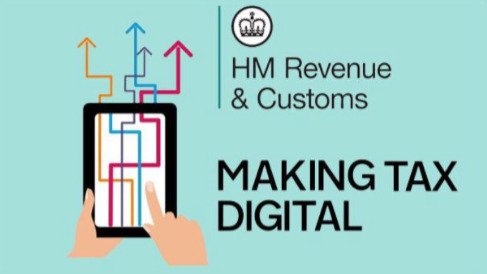Get the latest news from Kirkwood Wilson Accountants in our blog section. Here, you can read all about the latest industry innovations, information about big changes in the financial industry, and advice on a range of topics.
Be sure to check in regularly so you don’t miss out on our high-quality content.
-
04/06/2021
Business recovery planning: How your local accountants can help your business get back on track
Business recovery plans are the plans used by the operational teams of a business following an incident which affects their ability to operate normally. They usually consist of contingencies for core processes, plant and assets, business partners and human resources. They also include (but are much more comprehensive than) disaster recovery plans for information systems. Their main goal is to facilitate business continuity.









